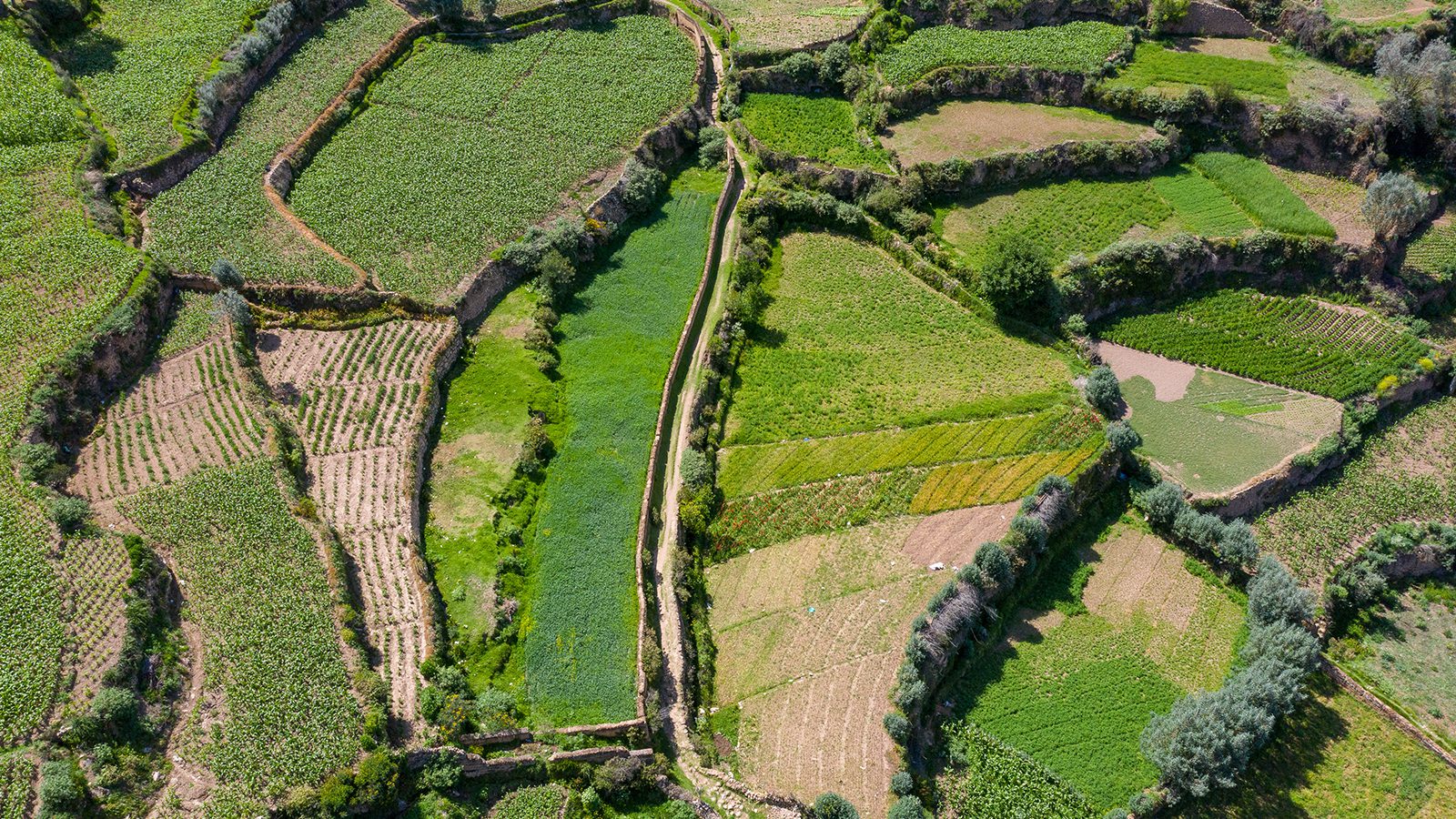As the global population continues growing, experts have been studying how to maintain high crop yields while not sacrificing biodiversity. The world faces mounting challenges due to climate change, which will inevitably affect the food supply. However, by simply working with nature instead of against it, we could overcome these problems.
In a new study, an international research team stresses the importance of biodiversity in farming. Biodiversity refers to the biological variety and variability of life on Earth. As species adapt to their environment, they continue to evolve with time, creating more variation. The millions of organisms that exist on Earth all work cohesively, depending on one another for survival.
Biodiversity ensures that ecosystems remain balanced, and each species or organism plays an important role. When one species or organism loses balance, this creates a domino effect, disrupting an entire ecosystem.
The importance of biodiversity in farming
In regards to farming, growing a wide array of plant species offers benefits to nature and humans. Even though farms require humans to maintain them, they’re still an ecosystem in themselves. The plants, soil, and animals have mutualistic relationships – they all benefit from one another.
In a healthy farm ecosystem, the soil enriches the plants, and the plants then provide nutrients and habitat to small insects and birds. In turn, they pollinate the plants and keep the insect population in check. Finally, livestock eat leftover crops, providing manure for the fields, which acts as a natural fertilizer. Then, the cycle repeats, with each species doing its part to maintain the balance.
As you can see, healthy ecosystems require animals and plants, both small and large, to survive. Biodiversity in farming allows plant and animal life to flourish while providing vital food crops for humans as well. Unfortunately, modern agriculture doesn’t respect the laws of nature, altering ecosystems for its own ends of profit and higher yields.
In the new study led by researchers from the University of Göttingen, authors say both organic and conventional farming methods can incorporate biodiversity. The team adds that promoting large-scale biodiversity on all farms requires a “paradigm shift in agriculture.” Farms should ensure that landscapes include both natural habitats and small-scale, diverse cultivated areas. Of course, political leaders will have to enact laws which require biodiversity on commercial farms, both organic and conventional.
The research was published in the journal Trends in Ecology and Evolution.
The organic foods dilemma
Many people believe that organic crops don’t have pesticides, but unfortunately, that’s just a myth. The research team says that organic certification mostly focuses on avoiding synthetic pesticides and herbicides. Instead, they use natural agrochemicals derived from plants; however, organic doesn’t always mean better.
One study found that some organic pesticides can actually harm the environment more than conventional ones. Researchers compared organic pesticides’ effectiveness and environmental impact to conventional, synthetic agrochemicals on soybean crops. Surprisingly, researchers found the organic pesticides required larger doses to have the same effectiveness. They also caused more harm to predator insects that protect crops compared to synthetic pesticides.
Back to the current research, the team says that organically grown commercial crops have limited biodiversity advantages. They also produce far lower yields than conventionally grown crops, despite agriculture becoming more intensive and specialized.
“Areas cultivated under organic certification have a third more species but do not reach the yield level of conventional cultivation. This means that more land is needed for the same yield,” explains first author Professor Teja Tscharntke, Agroecology Group at the University of Göttingen.
Not to mention, since organic farming requires more land, this counteracts the small gains in biodiversity. Also, as we said before, organically grown crops still require pesticides to produce high yields.
“Pesticides are allowed as long as they are considered natural. For example, grape, orchards and also vegetables are sprayed extensively and repeatedly, mainly with copper products, even though these products accumulate in the soil,” says Tscharntke. “In addition, much organic farming has moved far away from the ideals of its early years: organic farming is not always done on idyllic family farms; organic monocultures are often similar in size to conventional farms; and vegetables are often grown under glass, at the expense of biodiversity.”
For example, Mediterranean farms often cover large crop fields with plastic sheets to produce higher yields. This practice leads to more profits but ruins entire ecosystems in the process. Despite this, many of the farms operate under organic certification.
Both organic and conventional farms benefit from biodiversity
Improving farming methods worldwide requires a shift in our relationship with nature. Whether a farm grows organic or conventional crops, authors say that biodiversity will ensure healthy, well-managed farms in the future.
“Landscapes with high crop diversity, small fields, and at least one-fifth near-natural habitats can promote biodiversity significantly more than just organic certification,” emphasizes the agroecologist. “Landscapes with small fields and long edges have many times more species than landscapes with large fields and are equally feasible both in organic and conventional agriculture.”
For example, on a land area of one hectare instead of six, “These can be home to six times as many plants and insect species. Variety in cultivation can also double the number of species and greatly increase biological pest control as well as successful pollination.”
The European Union’s plan aims to achieve at least 25% organic agriculture by 2030. However, the research team says that the biodiversity strategy will still require 75% conventional agriculture as well.
Final thoughts on the study showing that biodiversity is the key to healthy farms
In the near future, it seems inevitable that we’ll have to change our relationship with nature. We’ve largely focused on short-term productivity and profits at the expense of entire ecosystems. As a result, the planet has reached a critical tipping point, and it’s up to us to restore balance.
One way we can even the scales is to promote biodiversity in farming methods. This ensures healthier, more robust crops and requires much less land to produce the same, if not higher, yields.
Hopefully, more organic and conventional farms will start recognizing the importance of biodiversity. We’d have a much healthier, happier planet if we all work to live in accordance with nature.
















 Community
Community

